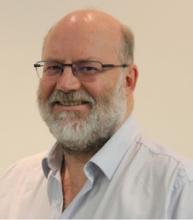Abstract
Building a culture of continuous improvement requires that teams value psychological safety, blamelessness, and admitting error. This can sometimes feel in conflict with an organization's desire to see accountability and ownership of the work. This talk provides a set of norms, practices, but also antipatterns for balancing accountability and blamelessness in organizations. It covers ways folks can avoid having postmortems and retrospectives feel like punishment. It also describes small things managers, technical leads, and other folks can do to make finding faults fun, safe, and celebrated.
Speaker

Michelle Brush
Engineering Director, SRE @Google, Previously Director of HealtheIntent Architecture @Cerner Corporation & Lead Engineer @Garmin, Author of "2 out of the 97 Things Every SRE Should Know"
Michelle Brush is a math geek turned computer geek with over 20 years of software development experience. She has developed algorithms and data structures for pathfinding, search, compression, and data mining in embedded as well as distributed systems. In her current role as an Engineering Director, SRE for Google, she leads teams of SREs that ensure GCP's Compute Engine and Persistent Disk products are reliable. Previously, she served as the Director of HealtheIntent Architecture for Cerner Corporation, responsible for the data engineering platform for Cerner’s Population Health solutions. Prior to her time at Cerner, she was the lead engineer for Garmin's automotive routing algorithm. She is the author of 2 out of the 97 Things Every SRE Should Know.







